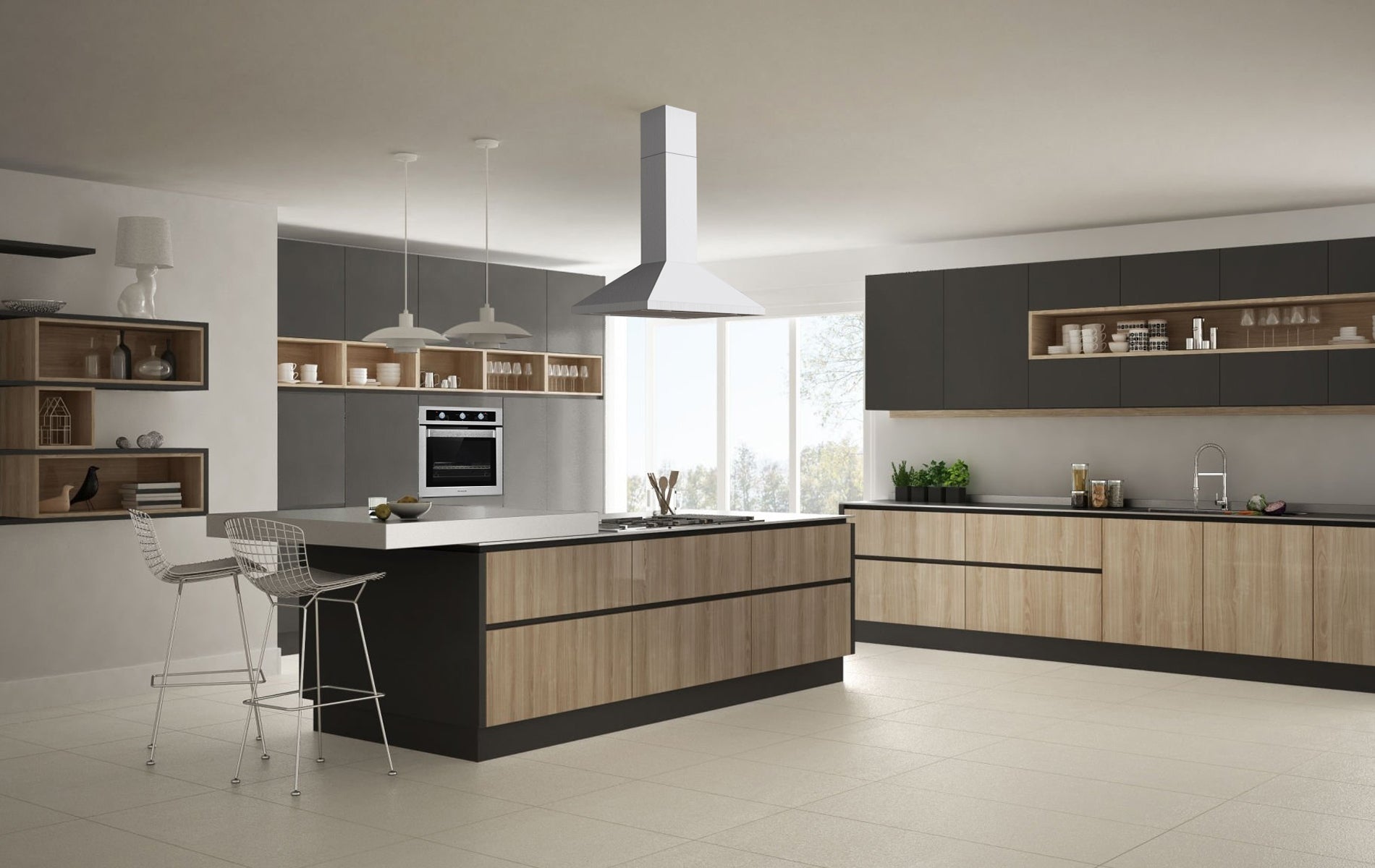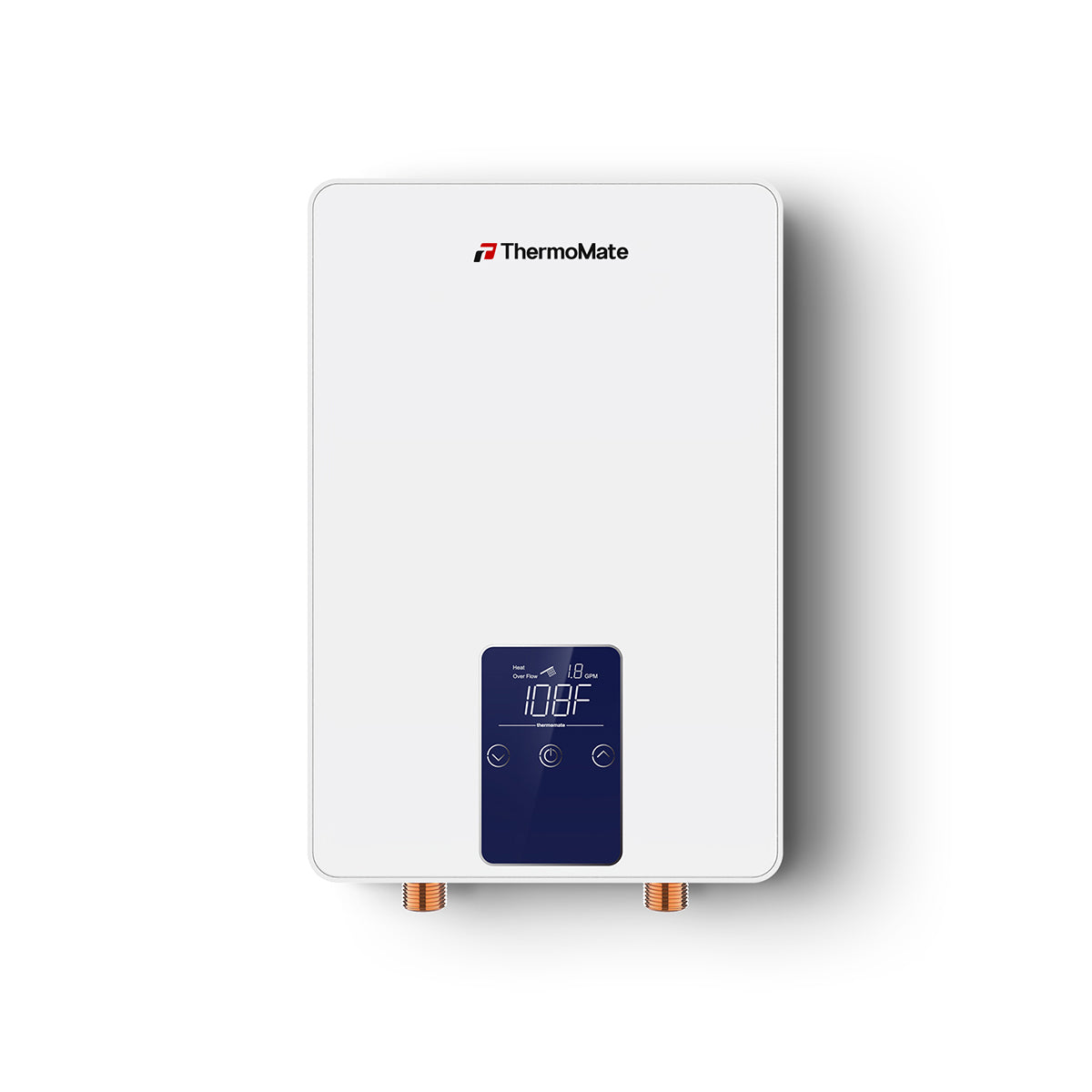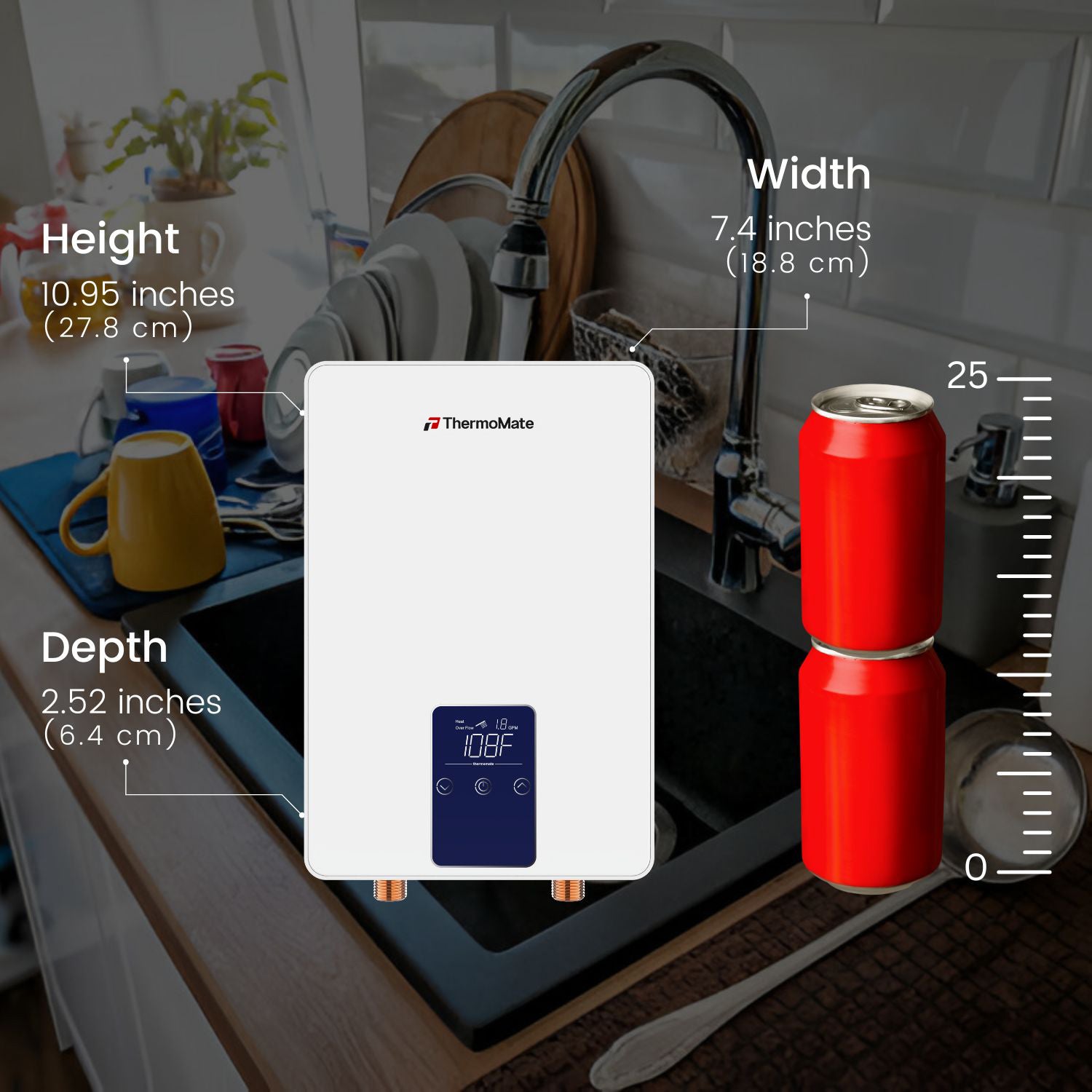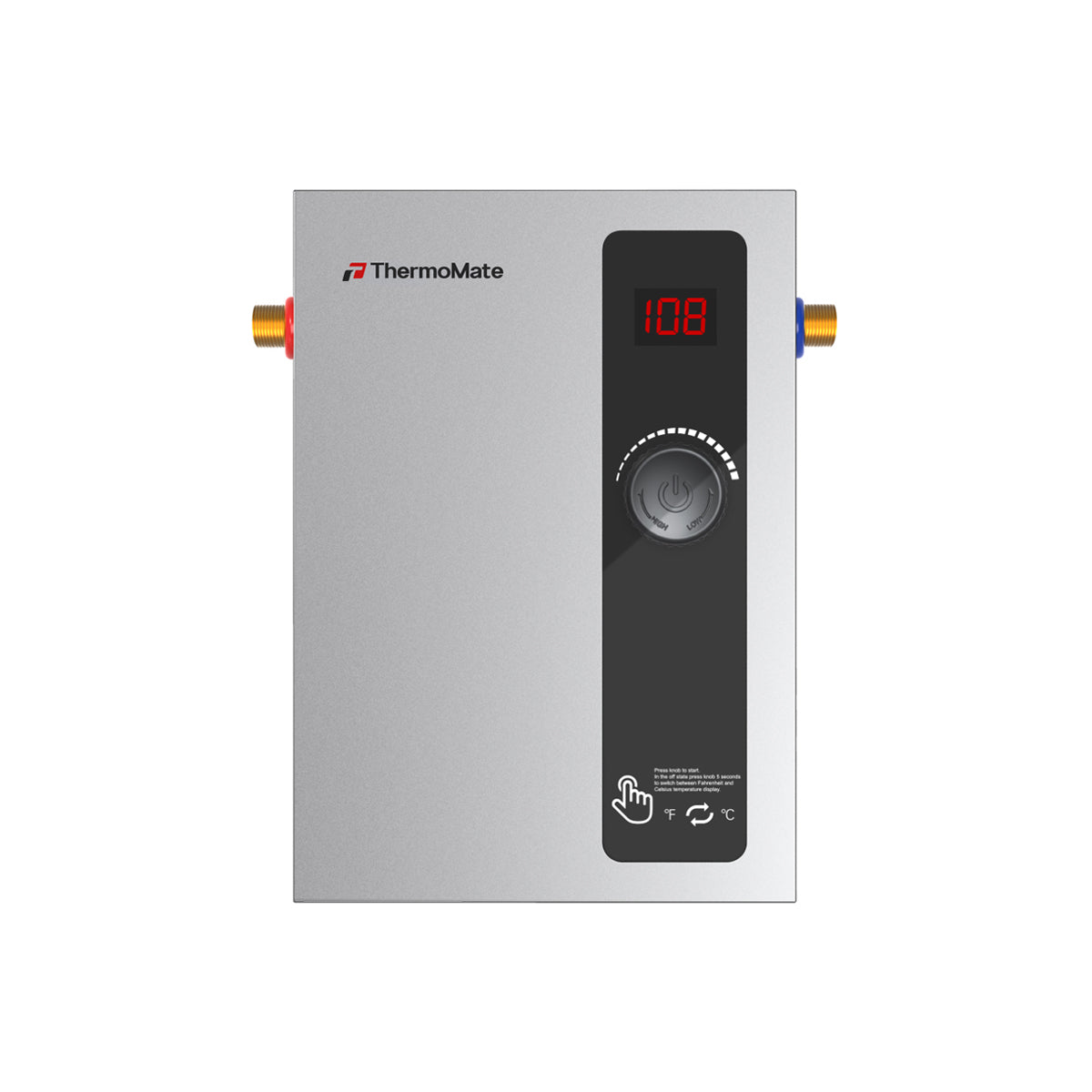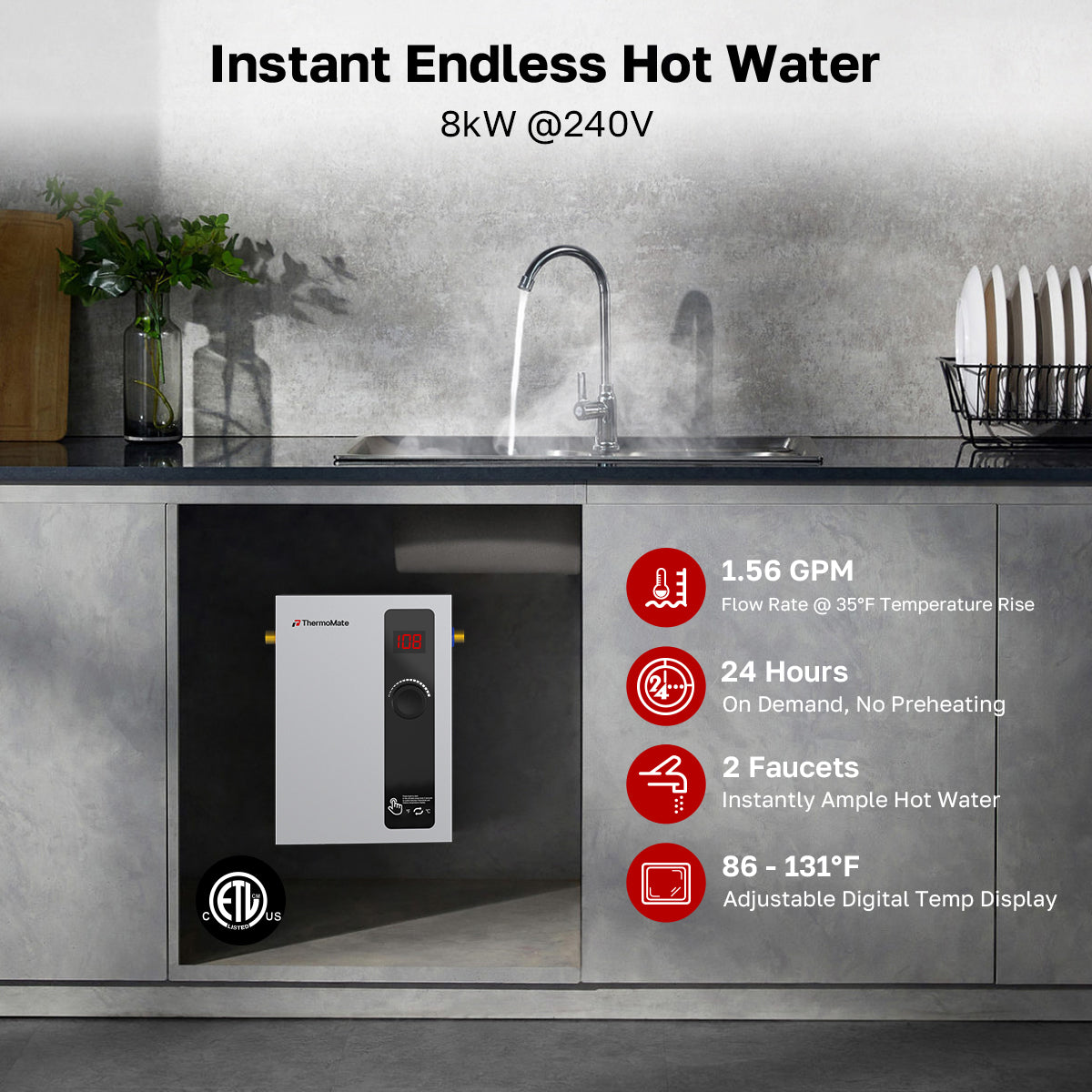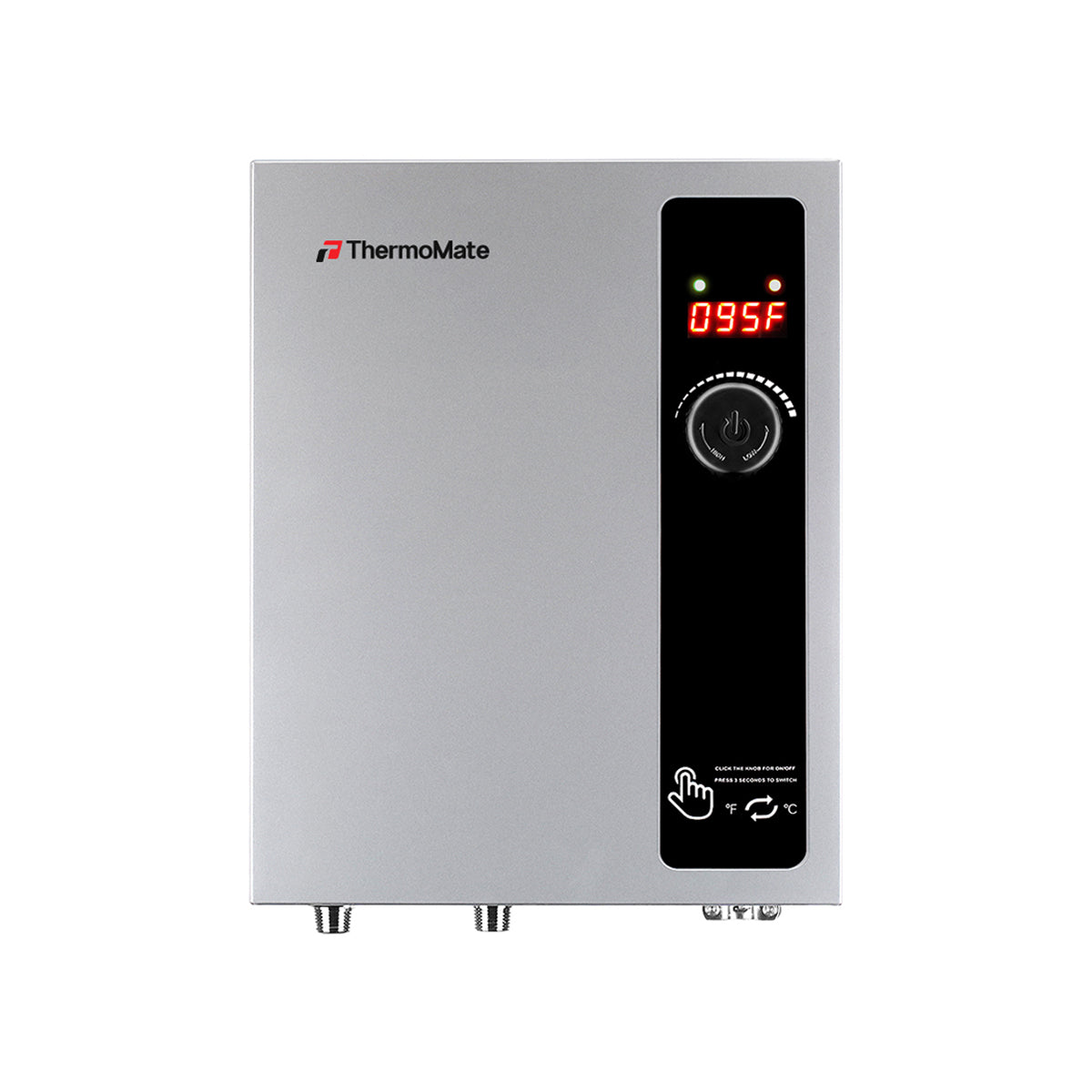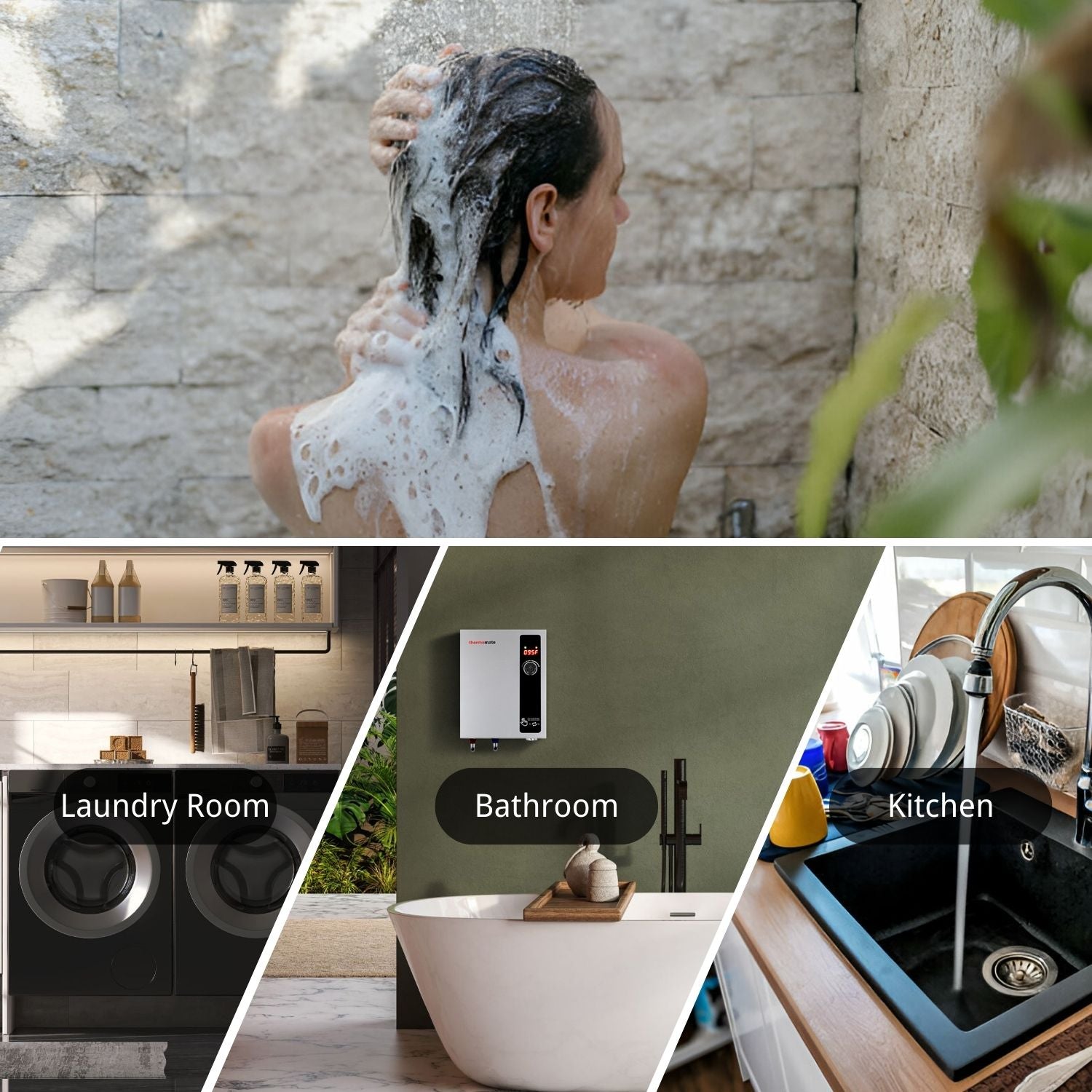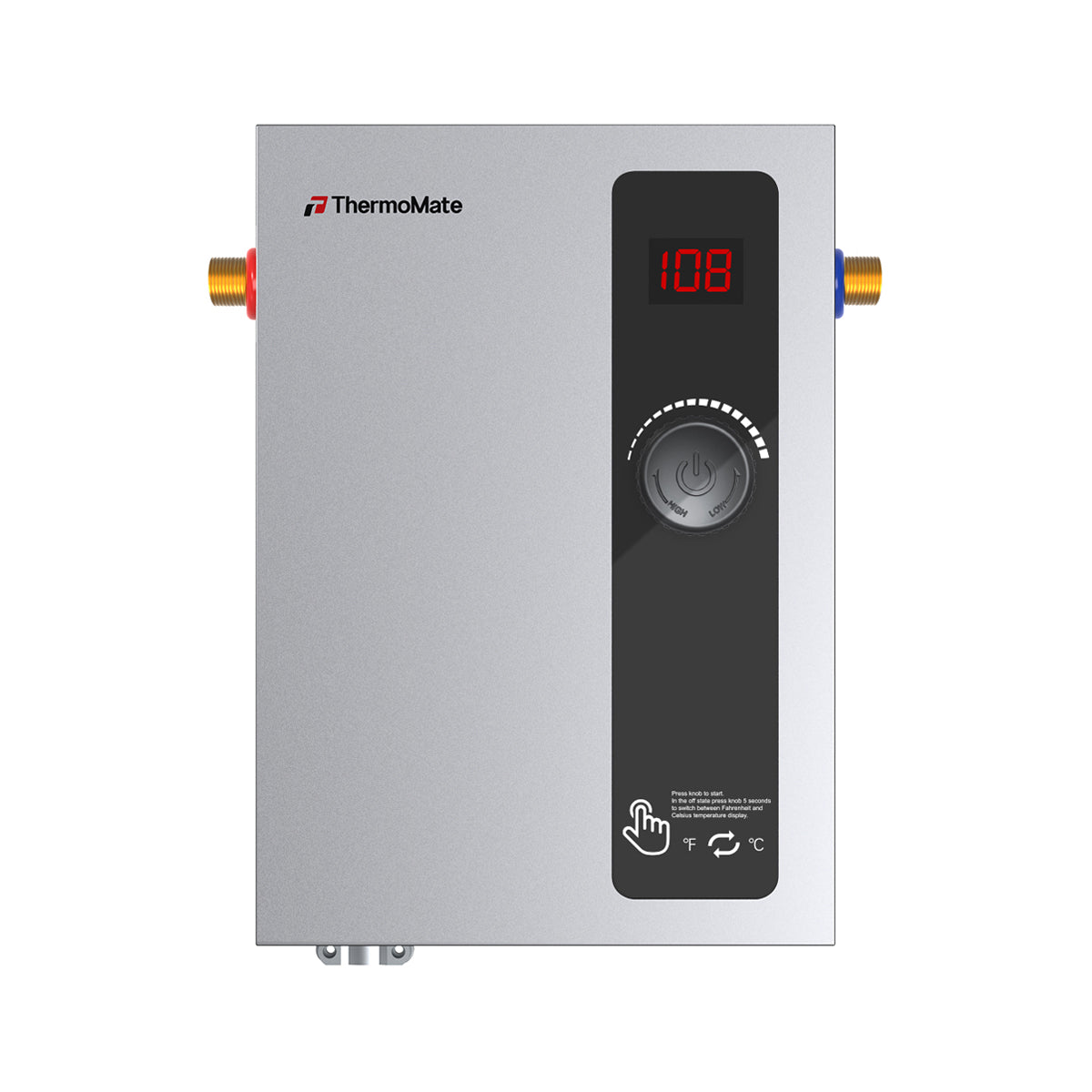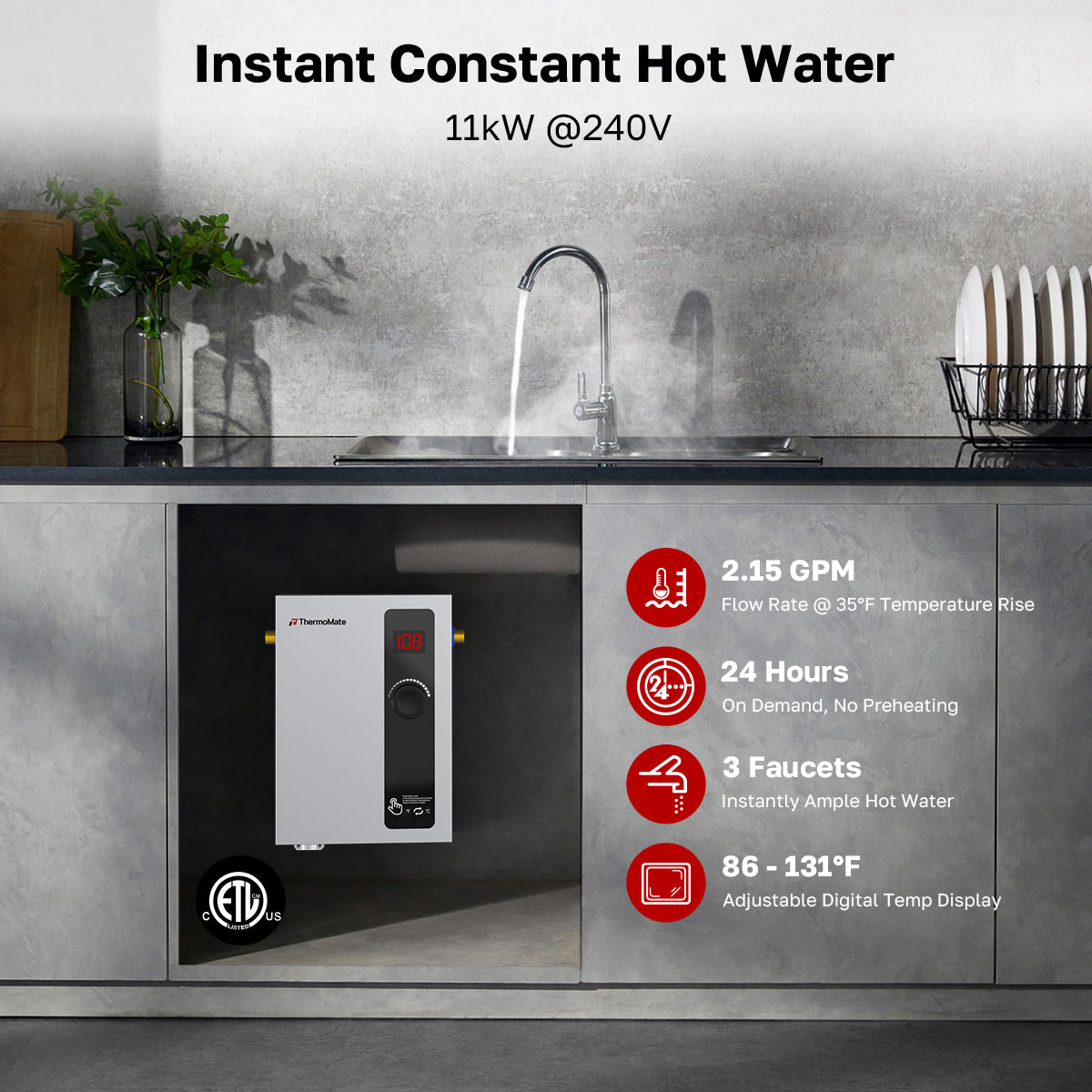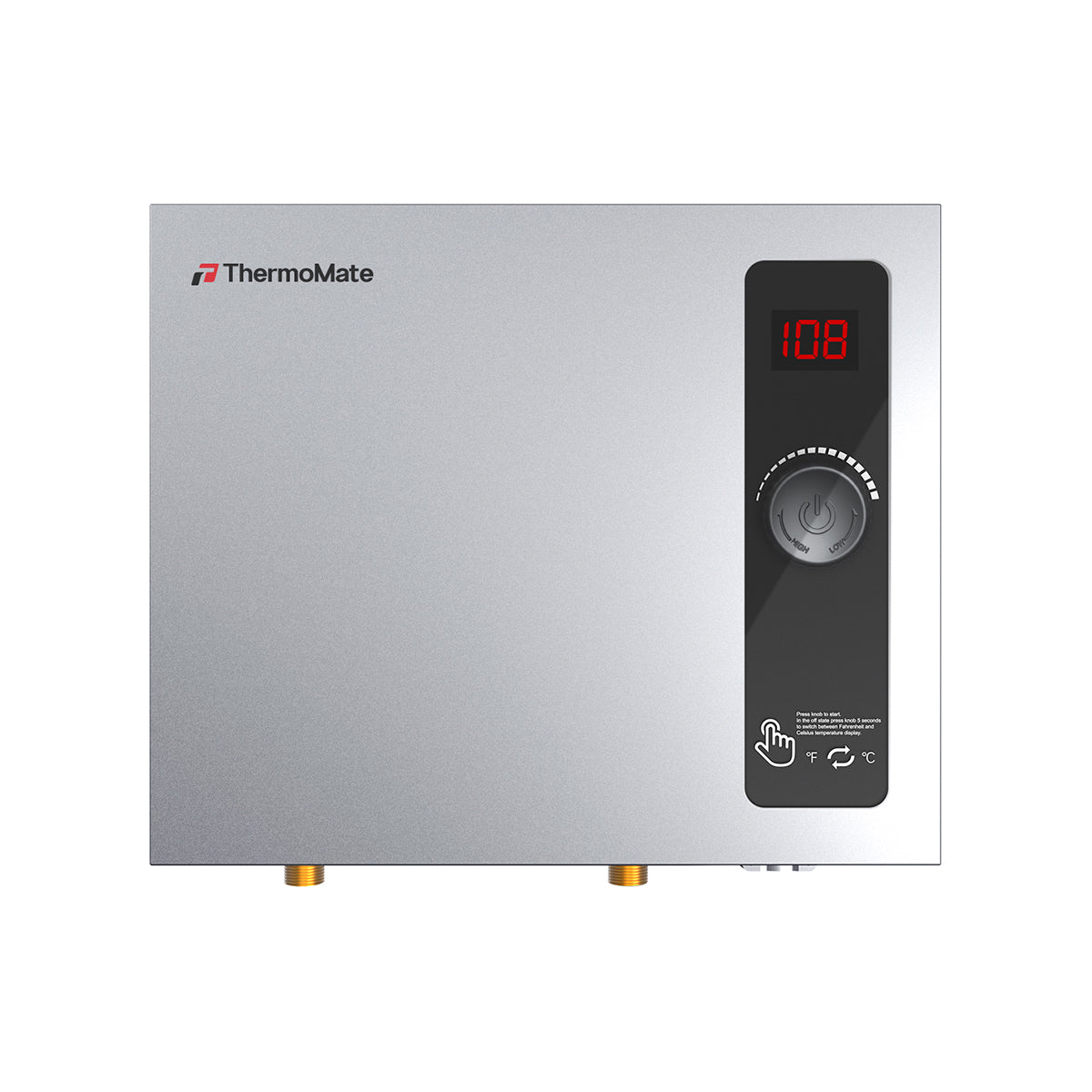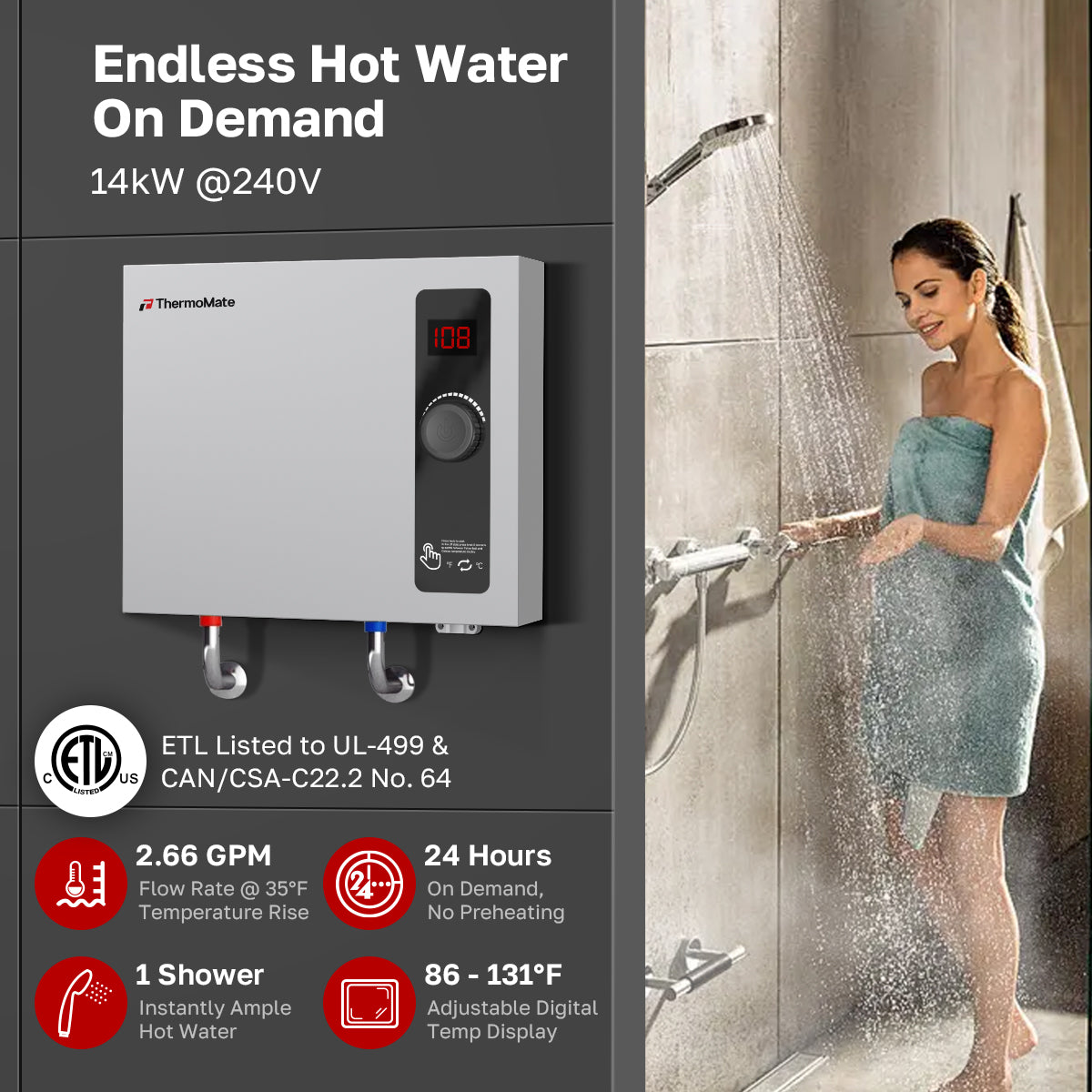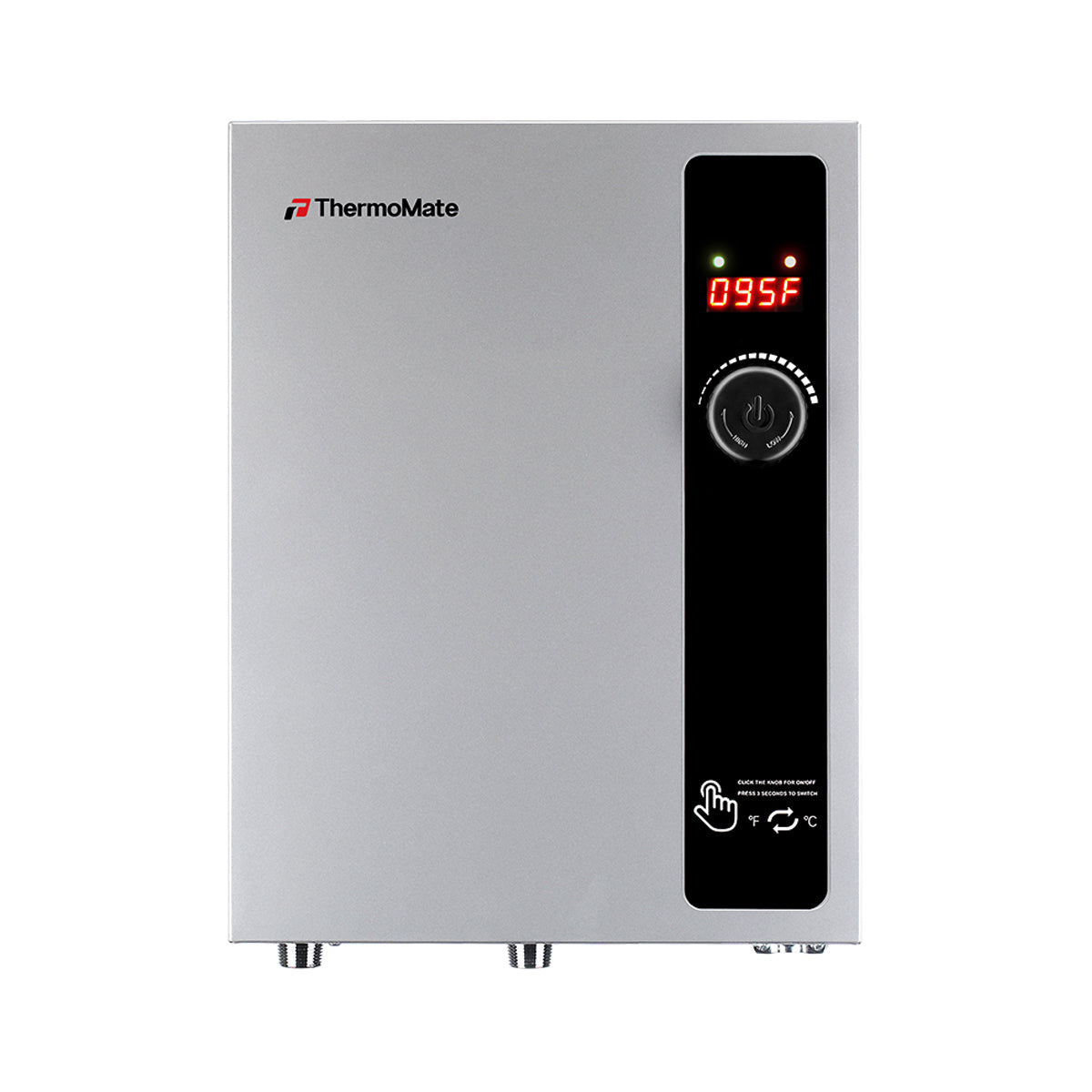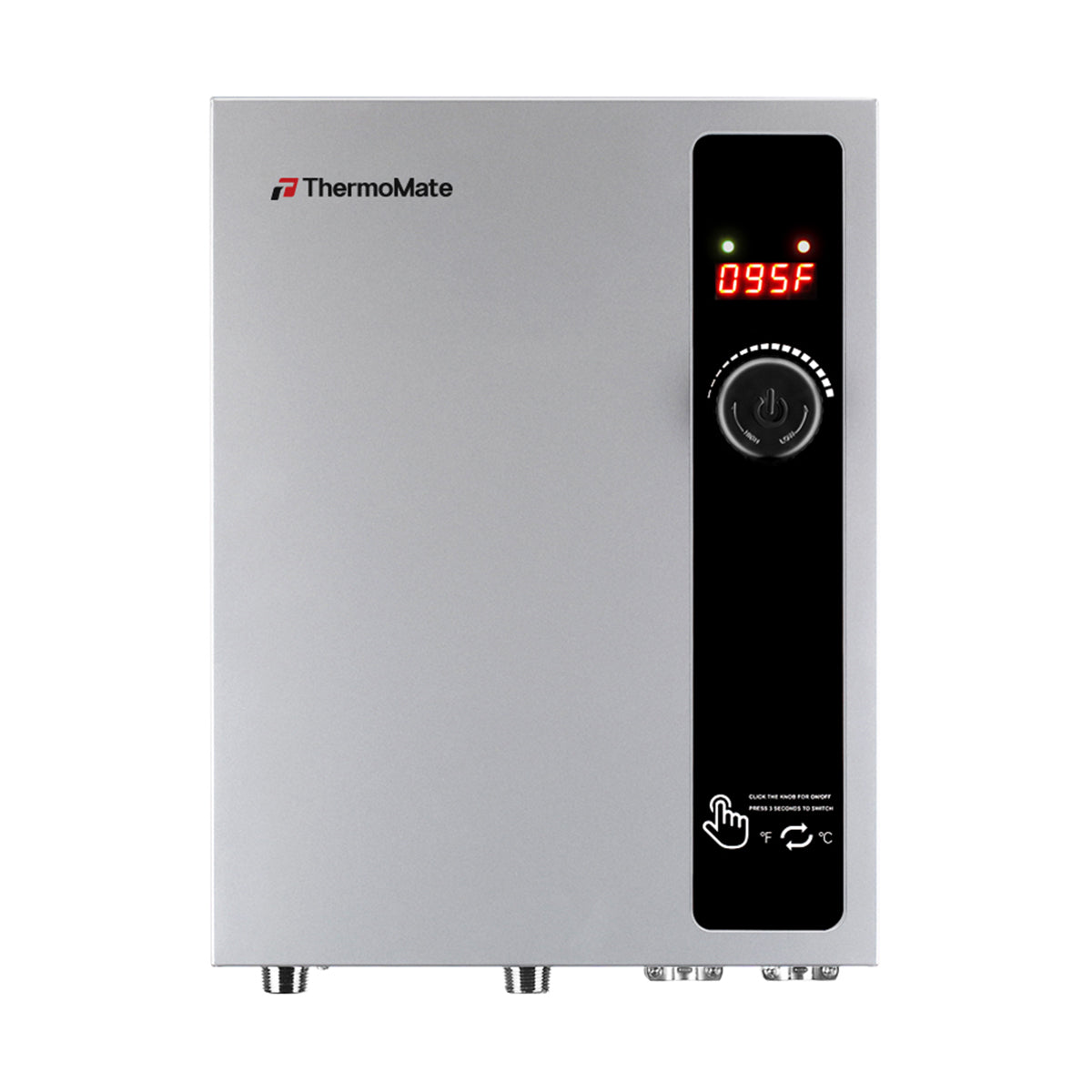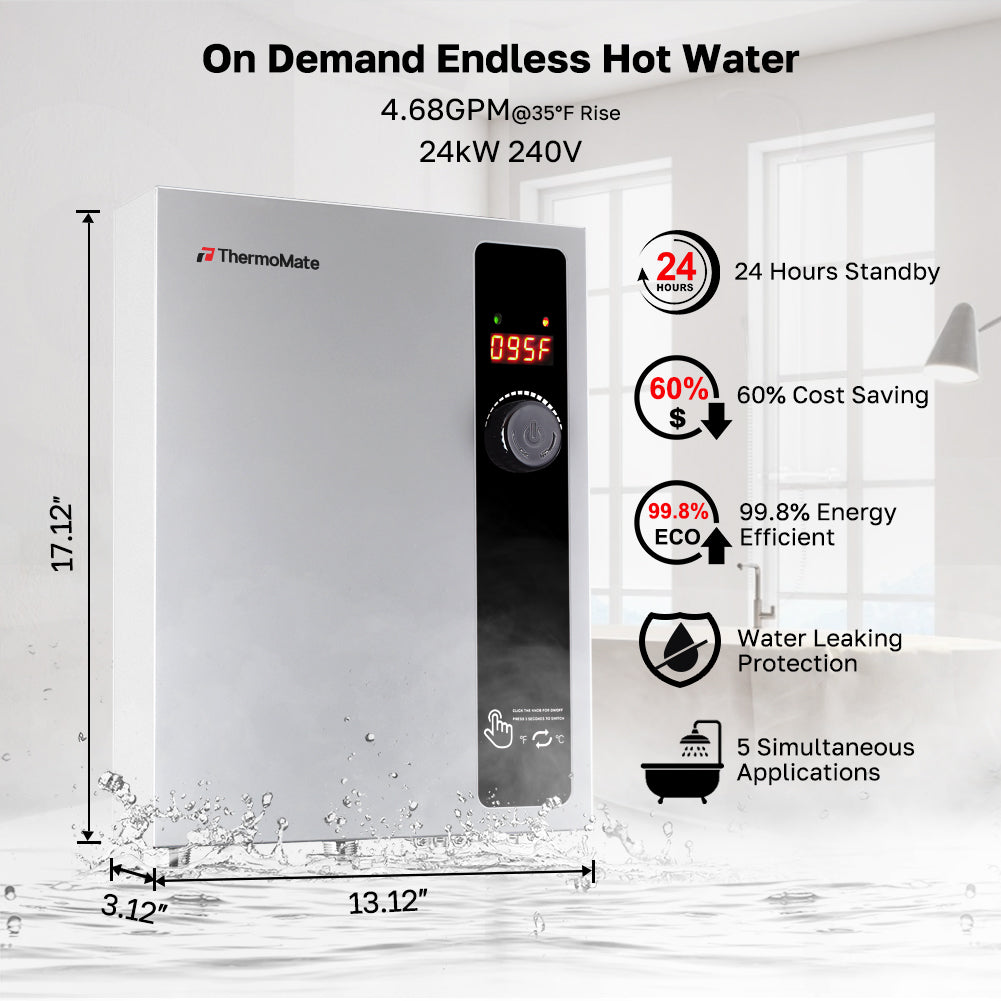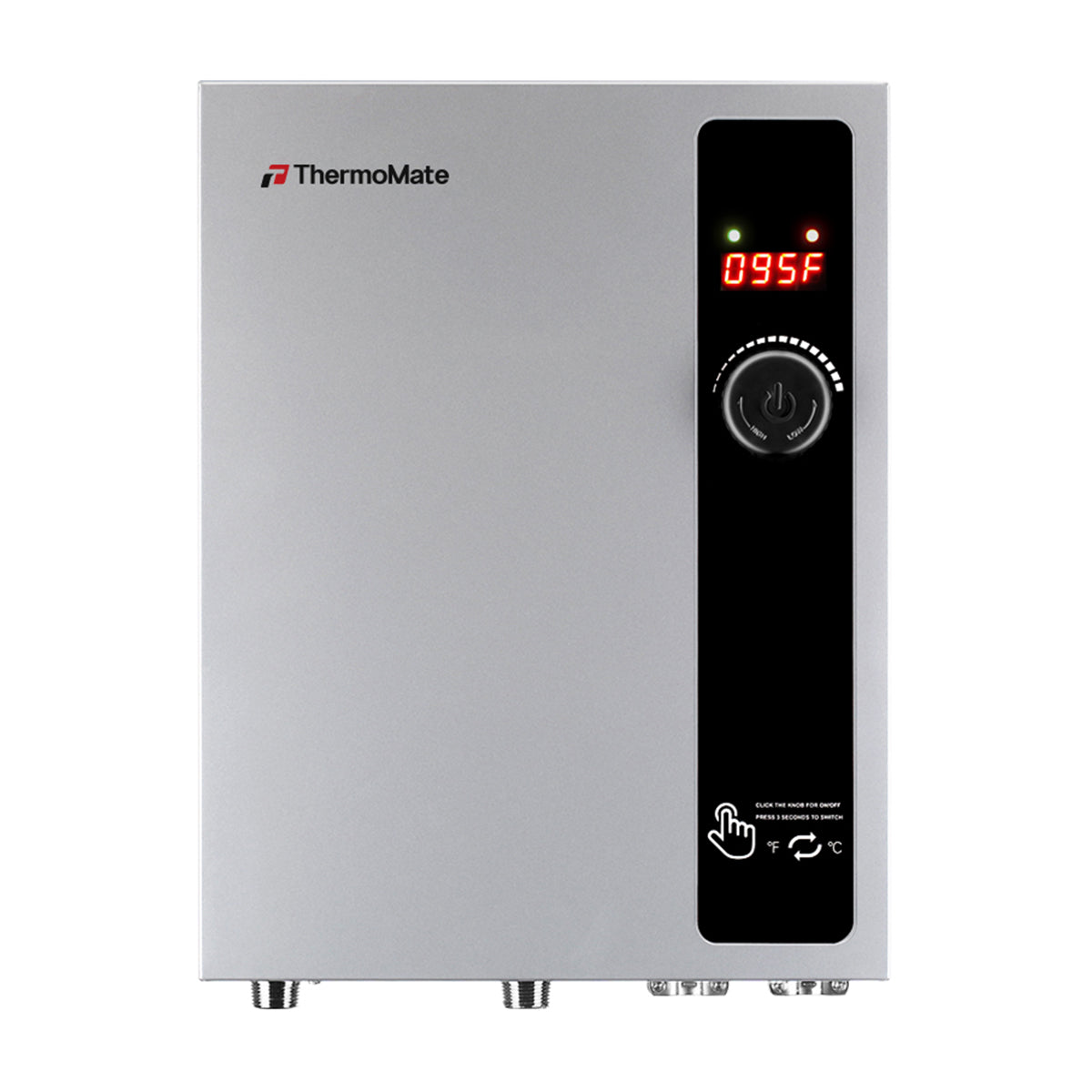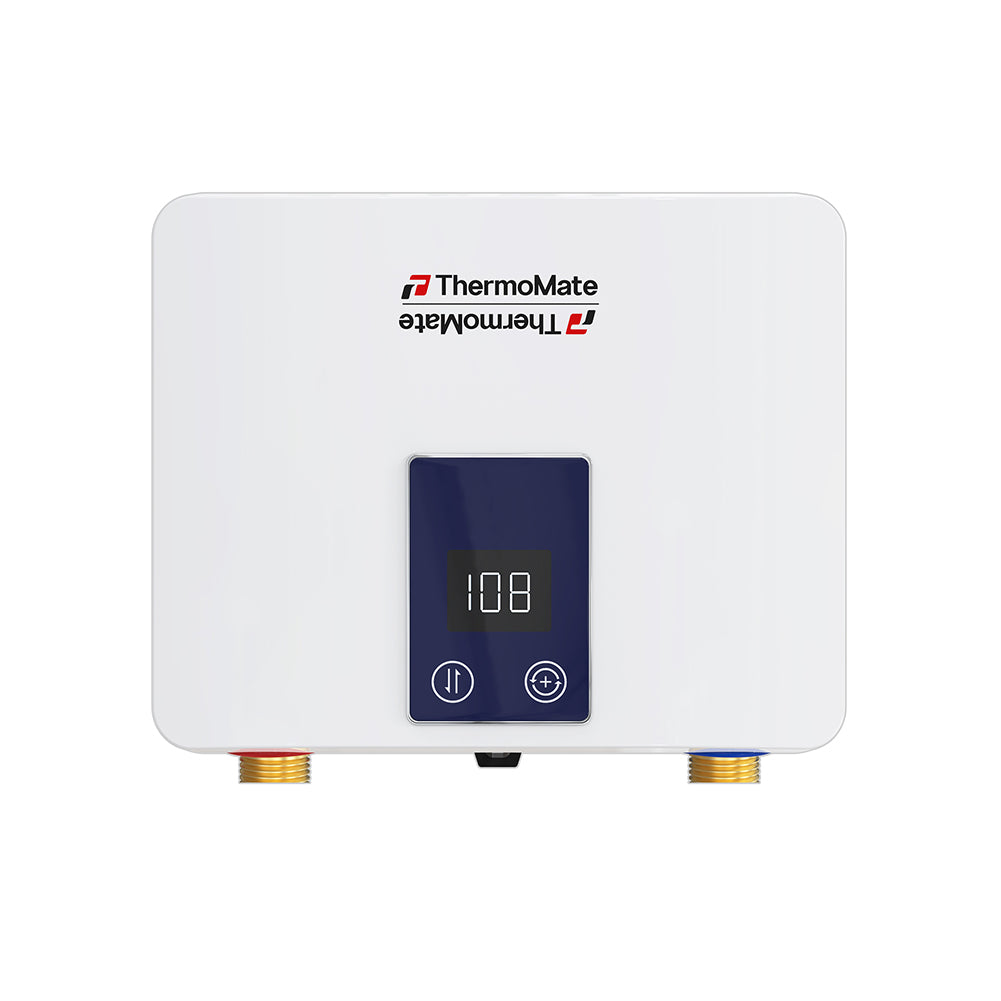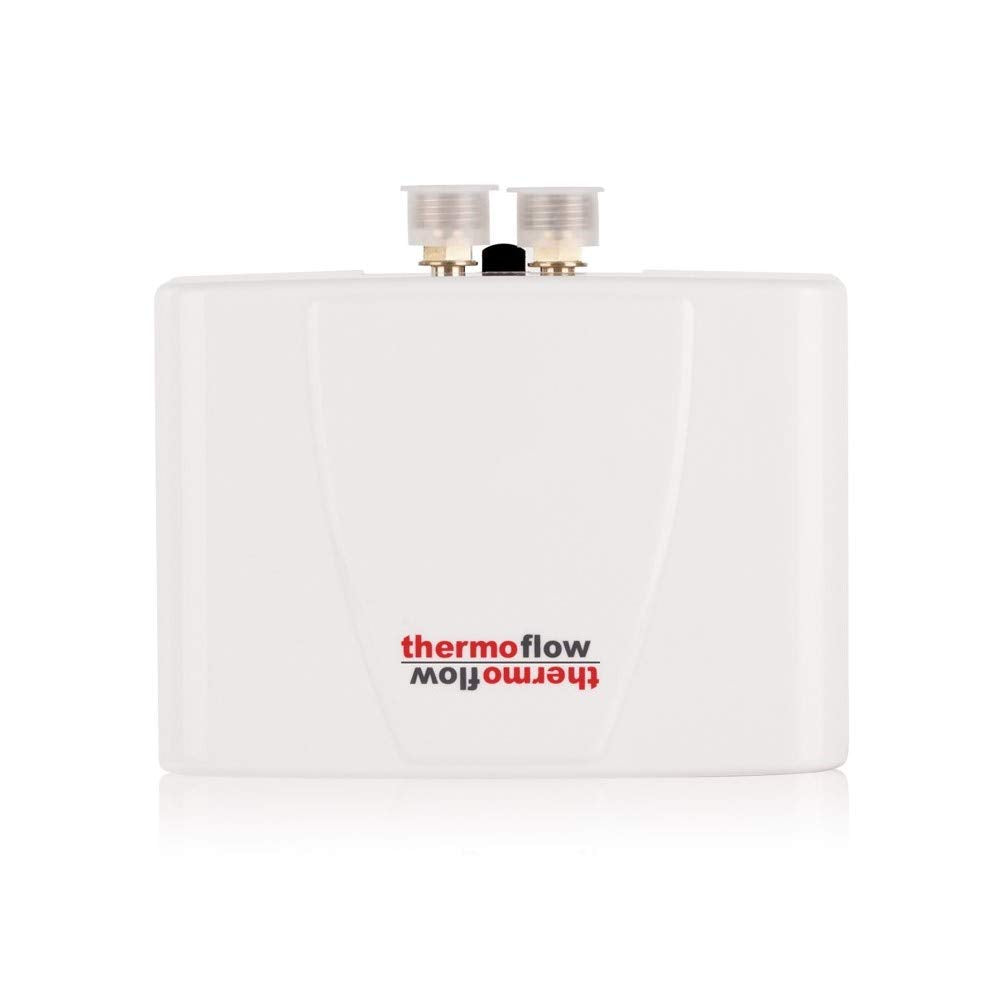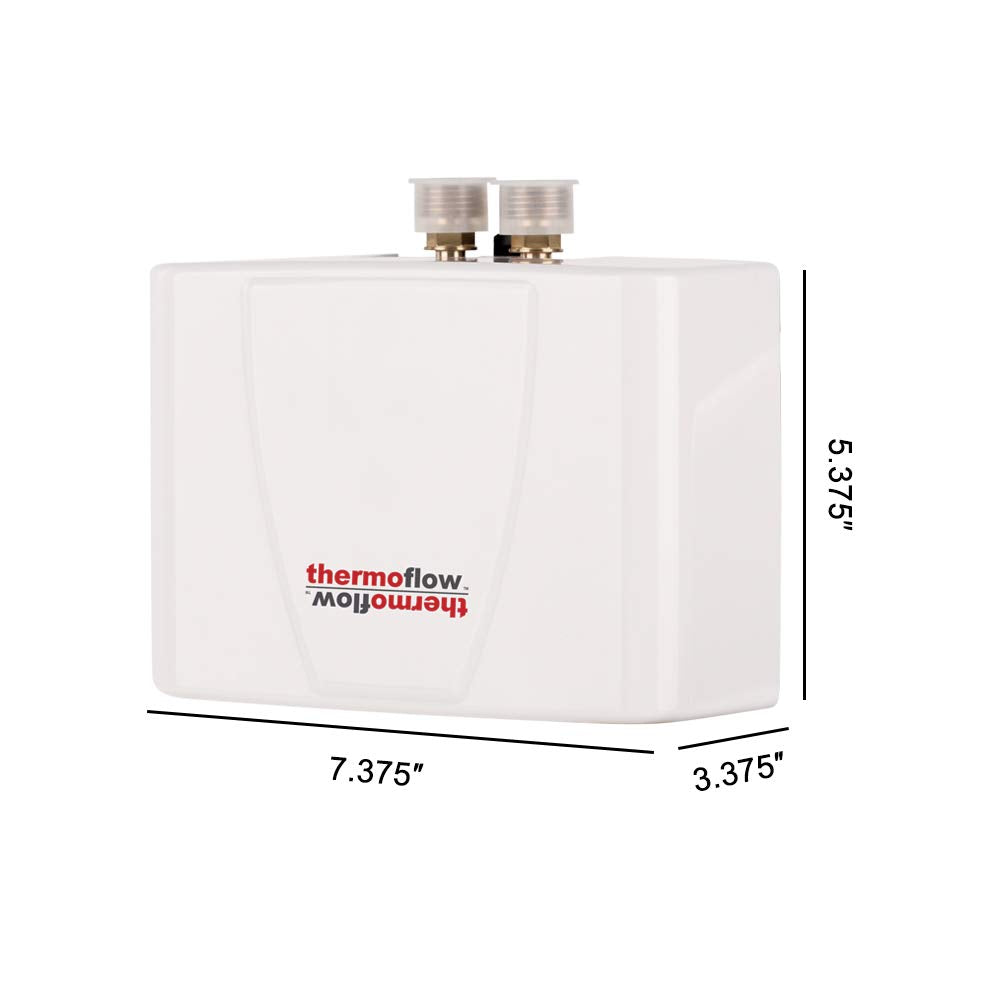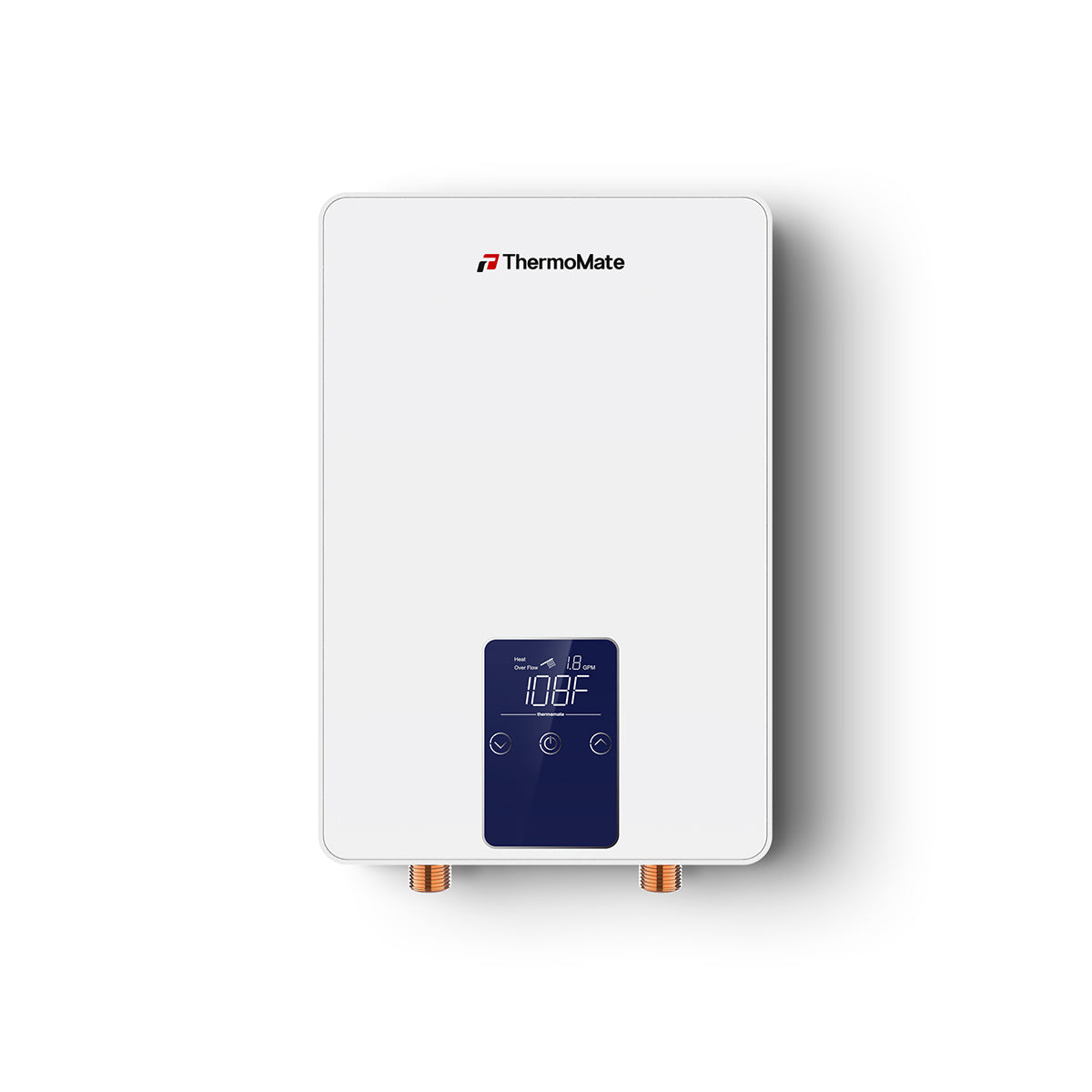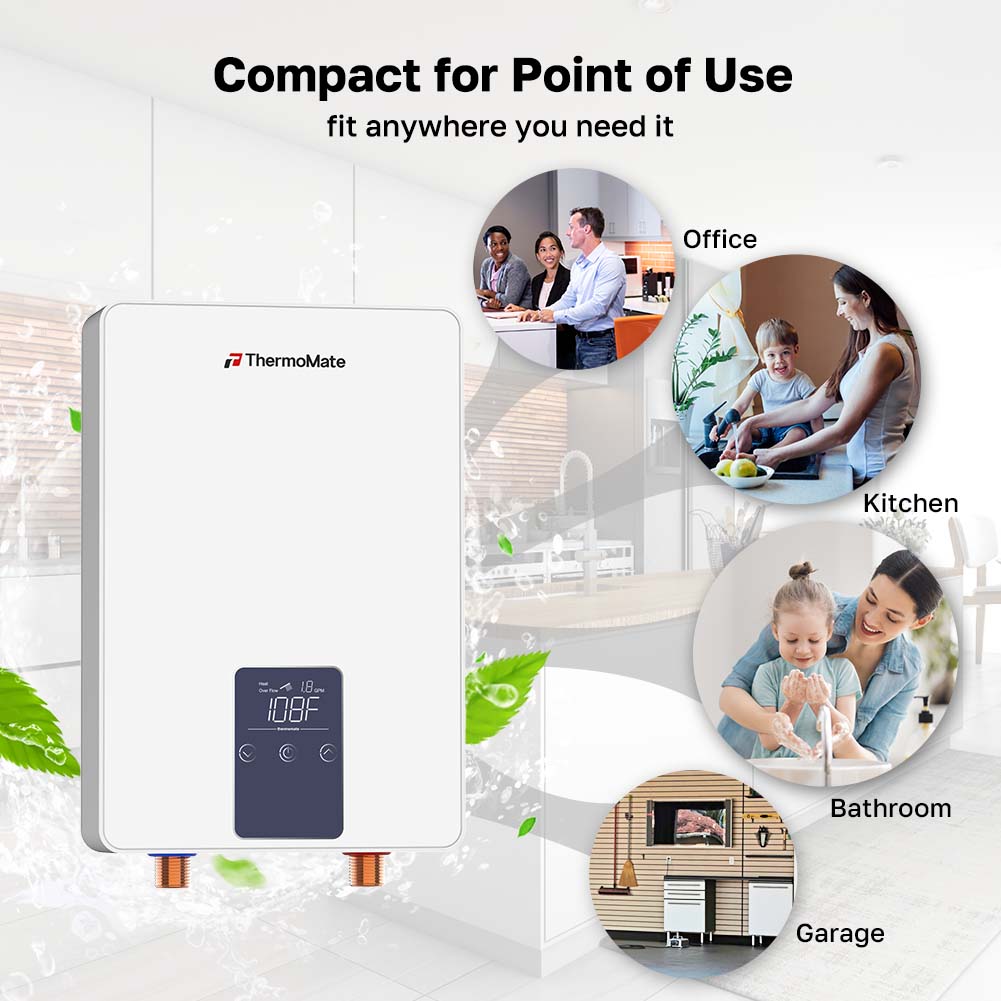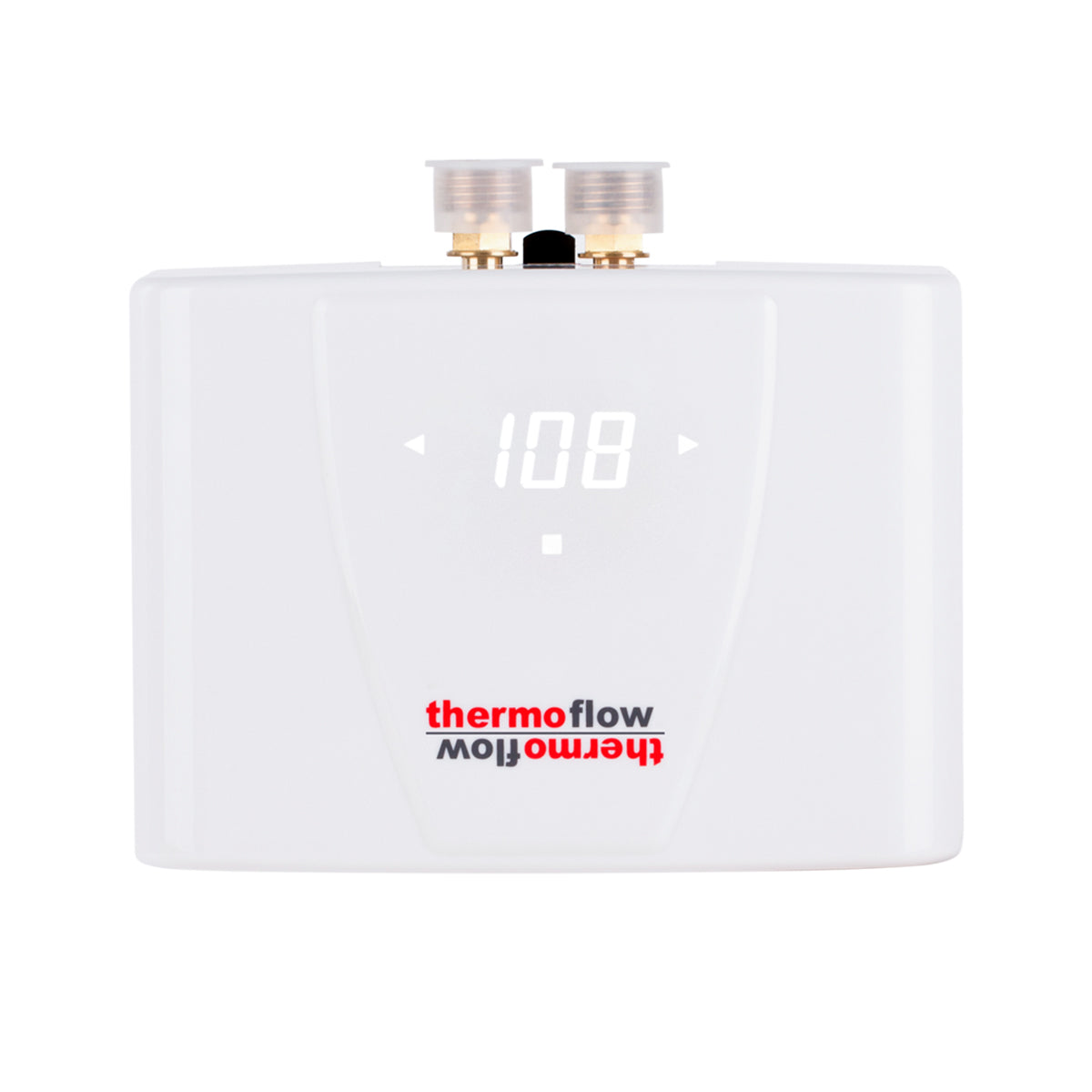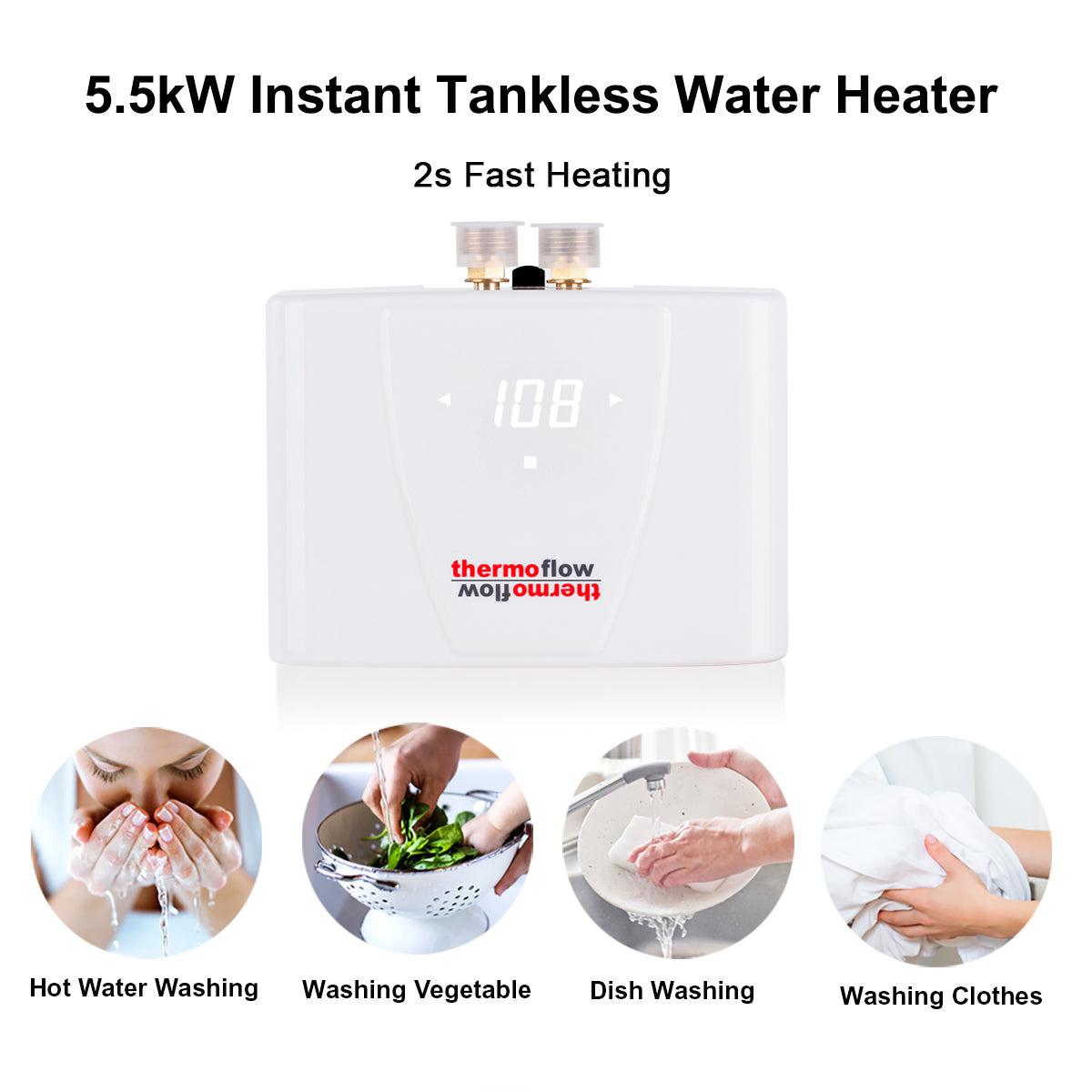Have you ever wondered, “Do range hoods have to be vented outside?” If so, you’re not the only one. In fact, it’s a common question most people have when purchasing or considering a range hood for a kitchen.
For many homeowners, there are often a lot of unknowns when it comes to range hoods. You know that if you have a kitchen mishap and your food starts smoking, as you fan your smoke detectors with your kitchen towel, you reach over and flip on the vent from your range hood.
As the smoke begins to dissipate, you may find yourself questioning – where does it go? How does the vent work? Believe it or not, this much-needed appliance is not magic but rather a simple machine that helps you breathe in the freshest air while cooking.
If you don’t currently have one, don’t worry – you can easily install one in your kitchen, as range hoods do not have to be vented outside.

The Purpose of a Range Hood
A range hood is actually one of the most important appliances in the kitchen. It consists of a canopy or some other type of “capture area” and a fan or blower motor to extract the air pollution caused by cooking. By capturing and eliminating the contaminated air right at the source, the range hood maintains the air quality in the kitchen and makes cleaning much easier.
Have you ever had to clean a kitchen that’s used on a regular basis? Then you know just how much of a hassle it is to get rid of that sticky film that covers all the cabinets and countertops, especially next to the cooking area. One of the benefits of a range hood is that it filters out the airborne grease before it has a chance to settle everywhere and cause major headaches at cleanup time. Instead of spending hours scrubbing kitchen surfaces (usually with cleaning chemicals involved as well), it’s much easier to hit the power button on the range hood and stop the flying grease in its tracks.
As any professional chef can tell you, cooking without a range hood can be quite uncomfortable. Heat, steam, odors, and smoke being blown right in your face can really try your patience—unless there’s a powerful range hood providing suction and maintaining a steady flow of fresh air. This is why every professional kitchen, such as those you might see on cooking shows, features a large vent hood above the range.
Ducted and Ductless Range Hoods
For most homeowners, we recommend purchasing a ducted hood instead of a ductless hood. When it comes to power, efficiency, and longevity, ducted hoods are better than ductless hoods.
The problem with a ducted range hood is that not everyone has them. And, let’s be real – installing ductwork throughout your home is a big investment, as well as a time-consuming one. You don’t have to worry about not moving forward with this big project and being stuck with unhealthy air in your kitchen. Instead, you can opt for a ductless range hood.
Ductless range hoods work just as well as ducted hoods, but they don’t need to be vented outside. So, how do they work? It’s simple. Using commercial-grade baffle filters, the dirty air is sucked up into the unit and then filtered and returned to your kitchen – without the toxins.
Both of these range hood options are effective.
Ductless Range Hoods
A ductless range hood differs from a ducted range hood in that it does not need a duct to operate, and does not vent anything outside the house. Instead, these hoods can be installed anywhere, and operate by sucking in odors, smoke, soot, and particulate matter, cleaning the air using activated charcoal or activated carbon filters, and then reintroducing the recycled air back into the kitchen.
This makes ductless range hoods a lot more flexible, considering they can be installed anywhere in a room, and more space-efficient as the size of the kitchen itself will not matter.
--Pros

-
Can be installed anywhere, even in small kitchens.
-
Does not need ducting vents, making them more space-efficient.
-
Easier to install.
-
Newer models come with timers that can be programmed.
--Cons
-
Makes more noise than a ducted range hood.
-
Require more fan power, so may be less energy efficient.
-
Since these work on the principle of filtering and recirculating air back into the kitchen, it makes the kitchen more humid.
-
Filters need to be cleaned and changed periodically for the hood to function efficiently.
Still not sure?
There are several kinds of Ducted / Ductless Convertible Range Hood that meet your needs.
-- Range Hoods Recomman

